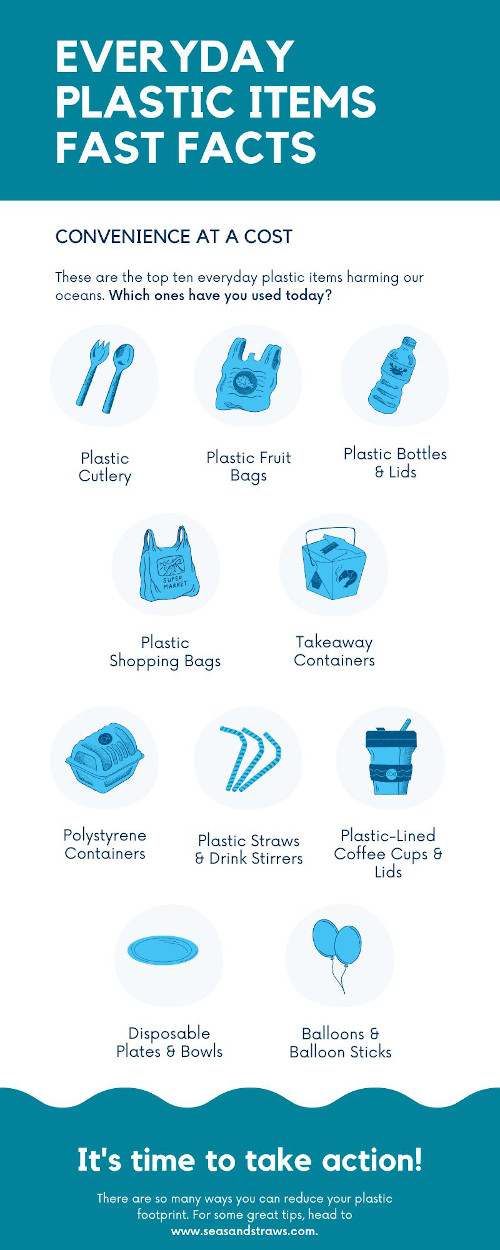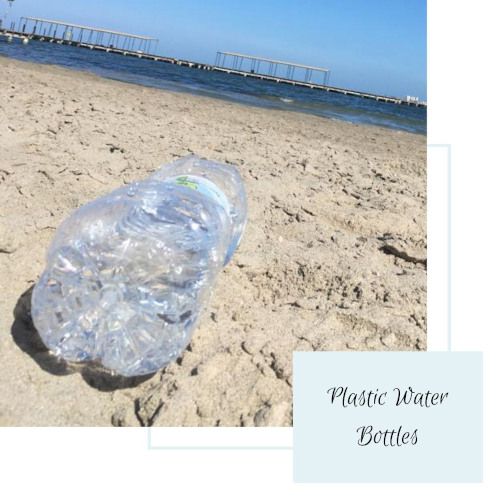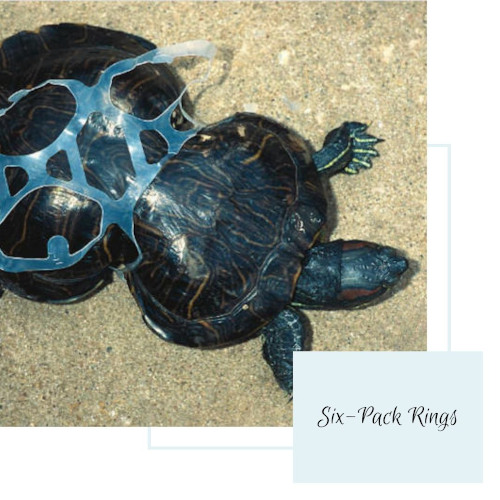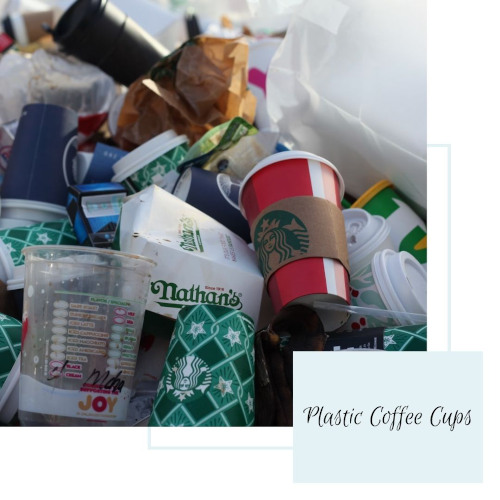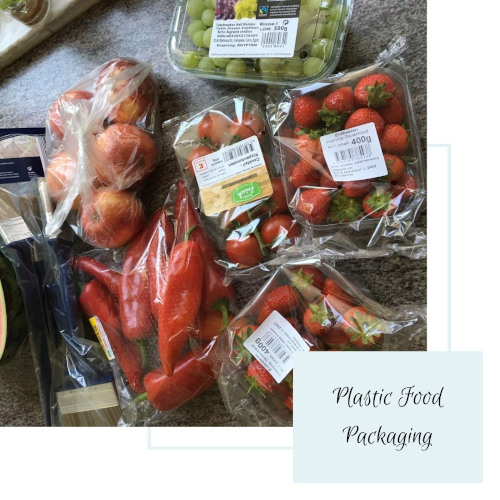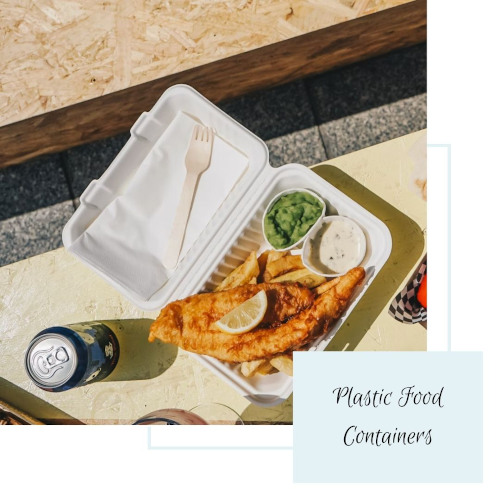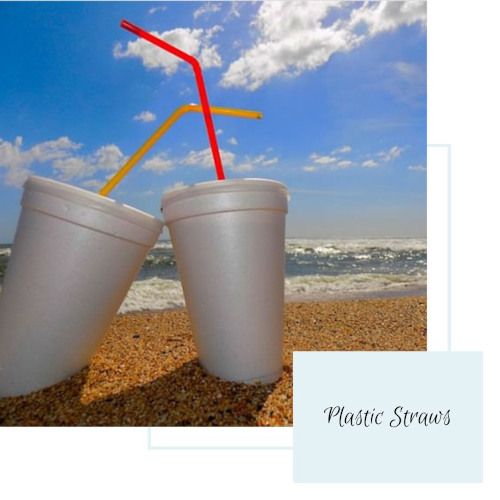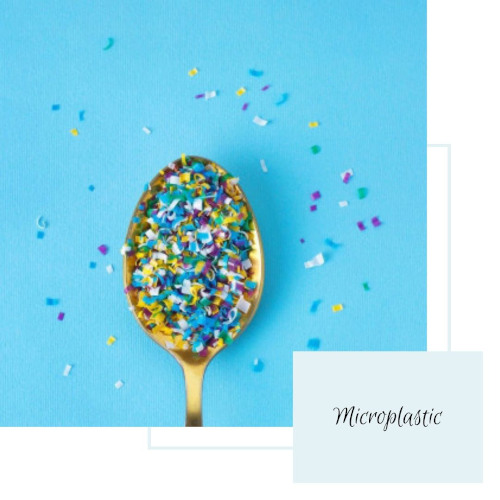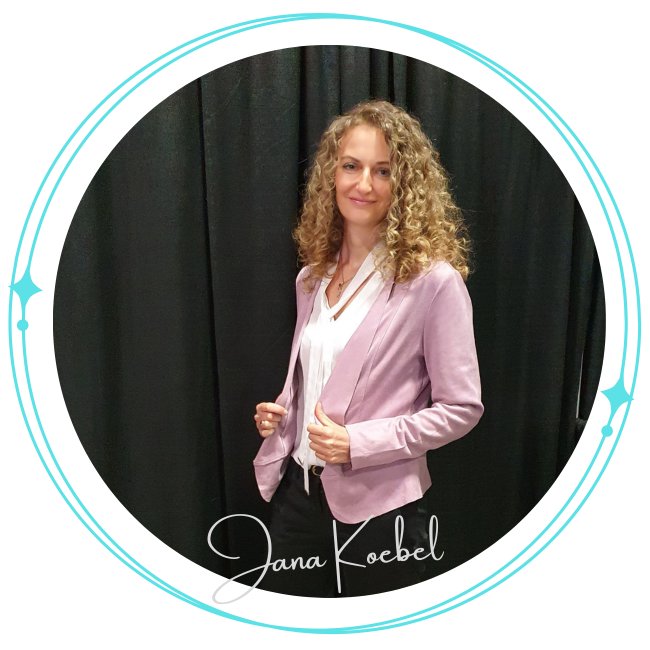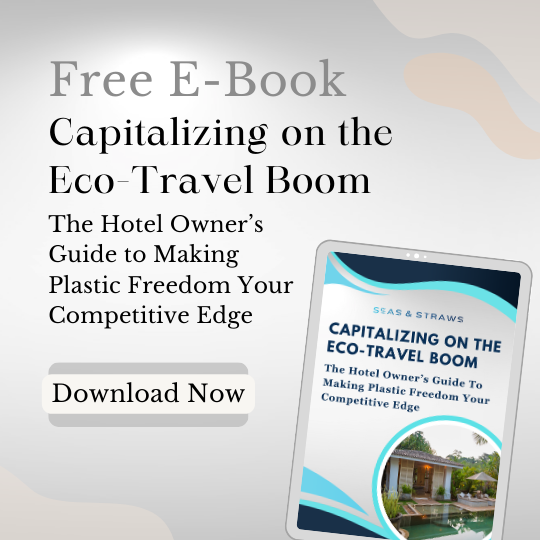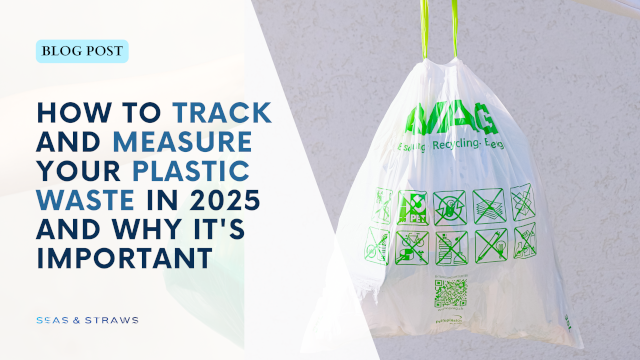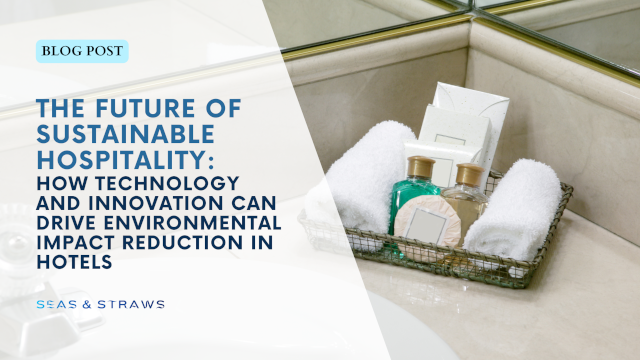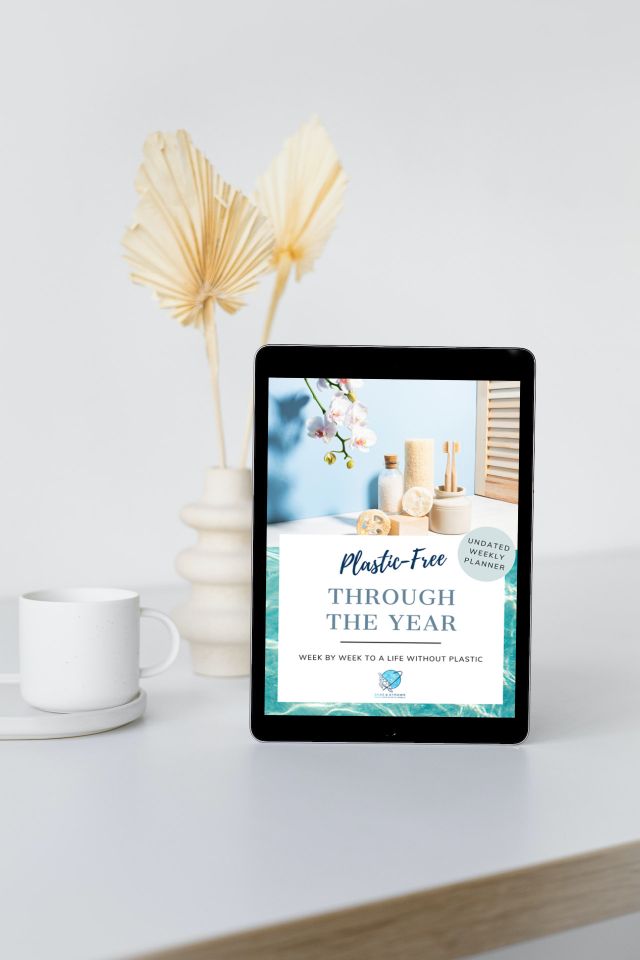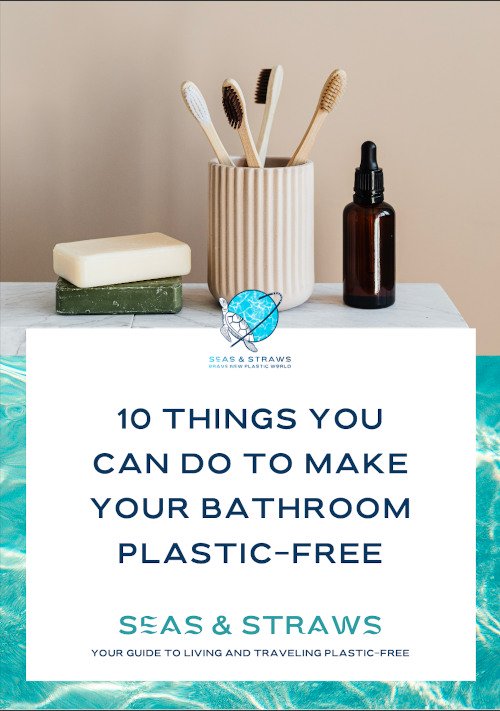- Home
- Plastic at Home
Plastic Products at home- How harmful is your Household?
Do you know how many of your everyday household products are made of plastic? Answer: More than you would believe.
Here is a small list of common items made of or containing plastic.
- computer, mouse, phones
- your TV and its remote control
- CDs, DVDs
- clothing
- the buttons of your washing machine
- your shampoo and shower gel bottles
- buttons on your shirt or blouse
- shoes
- closures and lids of bottles
- the straw in your lemonade or cocktail
- grips of cooking pans
- your food storage containers, maybe your salad bowl
- yoghurt tubs, the cling film covering your spaghetti from last night
- water, milk and juice containers
- the inside of a beer can is lined with a plastic film
- the trash bin in your kitchen
- your sunglasses
- most of your furniture
- chairs, couch, carpets
- light switches
- the dashboard of your car
- the water hose in your garden
The list goes on and on. Plastic products dominate our life. And we are fine with that, because it's so convenient. And who minds convenience? I didn’t until a few months ago.
But what if you knew that every single one of those items will outlive you, your children, your grandchildren, grand-grand children and so on? Would you change your mind?
a Planet Full of Trash
We are trashing our planet. If you’re a traveler like me, you’ve seen beaches littered with plastic all over the world. Even on the most remote islands. Most of them are single-use - a styrofoam takeout container here, an empty plastic bottle there. And then there are lots and lots of small plastic pieces that have already broken down so much that you can’t see what they used to be anymore. All of those items float in the oceans until they are finally washed up on formerly pristine beaches in front of our expensive club hotel in Thailand. Or Mauritius. Or the Caribbean. It’s not the hotel’s fault that their beach is full of trash, it’s not even the hotel’s trash. It’s our trash. All of us, whether we are in Europe or in the US, are responsible. Our throwaway lifestyle, our daily choices, whether we are at home or on the road, are responsible that we are leaving our kids a planet full of trash.
What is more, we are leaving our kids a planet full of toxic trash. Because every plastic product in our home is treated with chemicals of some kind or another. Flame retardants in clothes and furniture have the same molecule structure as pesticides. Three of the most toxic chemicals, BPA, PVC and Phthalates, can be found in food containers, water bottles, toys for kids, canned food and kitchen appliances. All of these chemicals have the ability to migrate from the plastic product (even the couch!) into our bodies.
Oh, and what about that new toy your toddler is chewing on right now? Or that lunch box your kid takes to school every morning? Don’t you want to know they are safe before you give them to your kids?
we can't live entirely without plastic Products...
Now, if I asked you which ones of the above listed items are really necessary in your daily life you will likely say 'all of them'. And I agree (mostly). I wouldn’t want to live without my laptop, my phone, couch, bed or TV.
But I’m not asking you to get rid of EVERY single plastic product in your household. No one can do that. We have become too dependent of the cheap and versatile material. The problem that I want to draw attention to is the throwaway lifestyle of convenience and yes, laziness, that the plastic age brought with it.
...But we can live without single-use plastic products
What I ask you is this: Does that coffee you get every morning on your way to work really need to come in a throwaway polystyrene cup? Polystyrene almost never decomposes. And it's a suspected carcinogen.
Or do you have to buy your water in plastic bottles? Those bottles will be on earth for 500 years, all the while releasing toxic chemicals into the air, the soil and the water.
Instead, would it not be possible to take a reusable cup from home and ask the coffee shops to fill it? A lot of shops do that by now. Or take a reusable stainless steel bottle from home and refill it instead of using a new water bottle every day?
I know it’s a little less convenient to carry a reusable bottle and cup with you every day, but you will put fewer toxics into you, your children and the environment. And since they can be used again and again, they are one more step towards a more sustainable life.
we all define our future
Below is an overview of the most common and at the same time most problematic everyday plastic products. Are they safe? What do they do to us? To our children? To the environment? Because even if you recycle your plastic bottles properly, they are going to end up in the environment eventually.
And finally, is there any way to substitute this plastic product with something that does less harm to us and to our planet? After all, I don’t want my children or my grandchildren to grow up like this:
Do you?
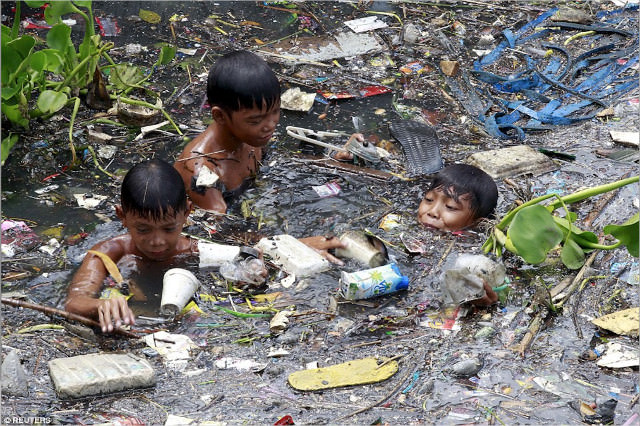 Rivers of rubbish. Photo: Reuters - www.dailymail.co.uk
Rivers of rubbish. Photo: Reuters - www.dailymail.co.ukget the facts!
Want to arm yourself with more facts? Save or download this handy summary of the article above. You can share it freely, I just ask that you credit Seas & Straws.
Download the fact sheet (pDF)
Click here to download your fact sheet on everyday plastic items.
The most common everyday plastic items
It's your turn. Share your story!
Want to make your home plastic-free? What's the biggest challenge you encountered?
What was the first plastic product that you removed from your home? What's your favorite? Which item(s) can you not live without? Share your story, tips and photos!
